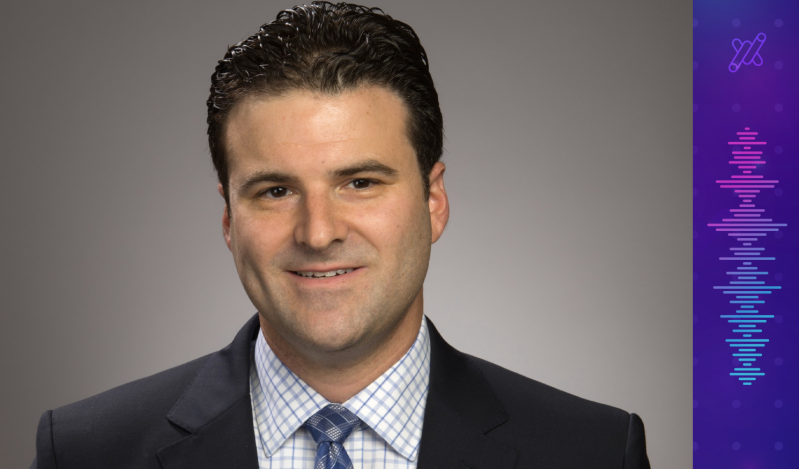Description
Darren Rovell joins Mike Evenson on the Unobstructed podcast to discuss the changing landscape of sports business. Darren has covered the industry for more than 20 years, with stops at ESPN and CNBC before joining the Action Network in 2018 as a Sports Business Reporter & Senior Executive Producer. His unique approach and personality has earned him 2 million+ followers on Twitter.
In this episode, they discuss remote fan engagement, the future of the in-venue experience, the role of ticket revenue in the decision to restart college athletics, his bold approach on social media and more.
You can follow Darren Rovell on Twitter at @darrenrovell.
